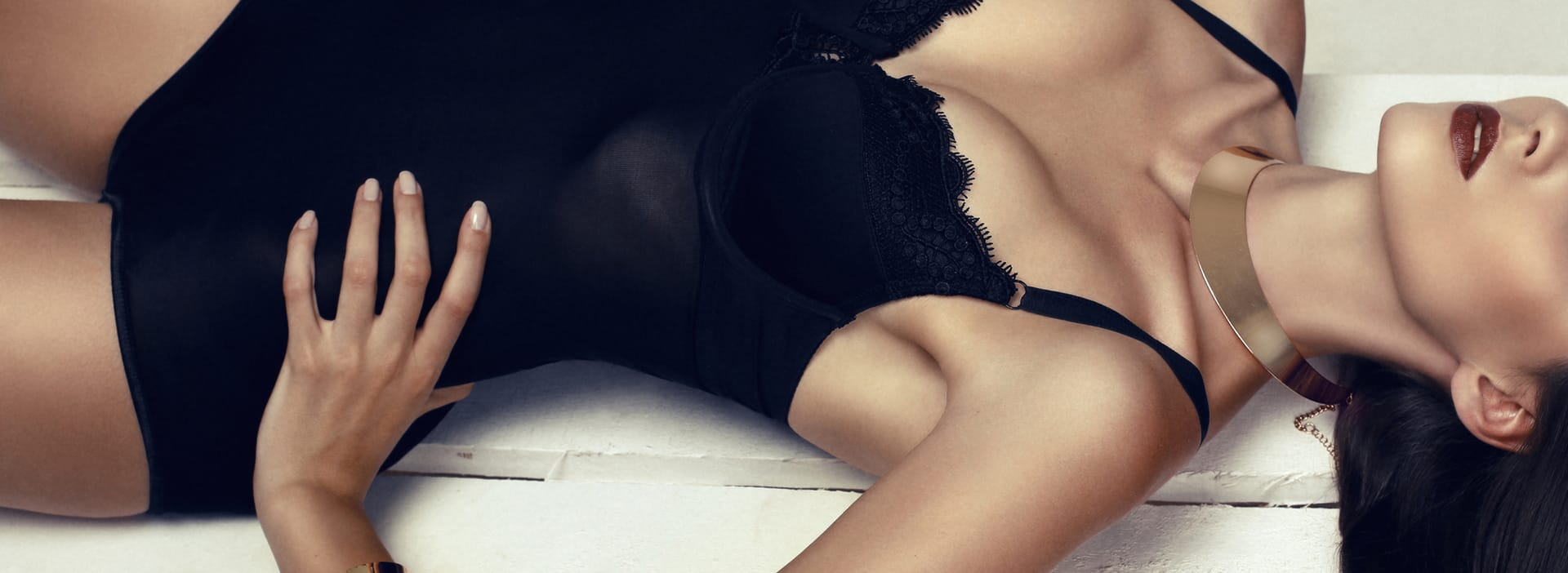The Influence of Social Media on Beauty
Posting selfies on Instagram or writing daily statuses on Facebook may seem harmless. But what you may not realize is how powerful social media can truly be. If ten years ago you were to ask someone what shapes their perception of beauty, most would answer with models and celebrities in magazines and movies. While those answers likely still ring true, today’s beauty inspiration seems to come from another source: social media.
Understanding Self-Esteem
A recent study shows that more than ever before, women are comparing their bodies to people just like themselves. By scrolling through photos on social media sites, men and women alike are analyzing their appearances against friends, neighbors, and coworkers. But why? Envy. When you see “normal” everyday people looking great and having fun, it can create a feeling of jealously that many won’t care to admit.
A perfectly-shot selfie of your coworker and her husband on Instagram. Or an entire Facebook album of your friend sporting her new pink bikini on her recent trip to Hawaii. Even though you’re aware that a filter was probably used to create ideal coloring or that there is likely 20 other imperfect photos that weren’t put up for you to see—you start comparing yourself.
Whether you’re 16 or 65, judging your appearance and comparing it those around you is a common practice.
But this sort of mental game can create some serious self-esteem issues. In fact, social media has been linked to higher levels of loneliness, envy, anxiety, depression and narcissism because of this exact reason.
After all, these highlight reels on social sites are, in a nutshell, the digital version of “Keeping up with the Joneses.”
Do We “Over-Share” Unrealistic Images?
A recent article compared social media’s impact on beauty and self-esteem to a slot machine; meaning people will post unrealistic photos to achieve some sort of validation. If you post a photo of yourself on the beach to Facebook, you expect “likes” and comments to the post. When this happens, you feel rewarded and good about yourself. But the world doesn’t know that you were sucking in your gut and tried out four different angles to ensure the thinnest version of you.
But comparing ourselves to others on social media is only half the battle. The other half? Yourself! That’s right, more than 51 percent of those surveyed in a recent study said they felt more self-conscious about their appearance after comparing themselves to their own profile. By posting unrealistic photos of yourself, it’s likely that you’ll feel depressed if the digital illusion of yourself doesn’t match your true self.
How to Address Beauty Concerns
At Princeton Plastic Surgeons, we believe that every body is unique and beautiful. People come in many shapes and forms, and you should celebrate your body for what it is. But we also understand that aging, genetics and weight fluctuation can create some serious body-image issues and cause self-confidence to dip. When this happens, we offer sensible ways to address your cosmetic concerns.
Dr. Hamawy provides a variety of procedures—both surgical and nonsurgical—to help you achieve your aesthetic goals. Call us today at 609-910-1114 to find out how we can help enhance your beauty and add confidence back into your life.



